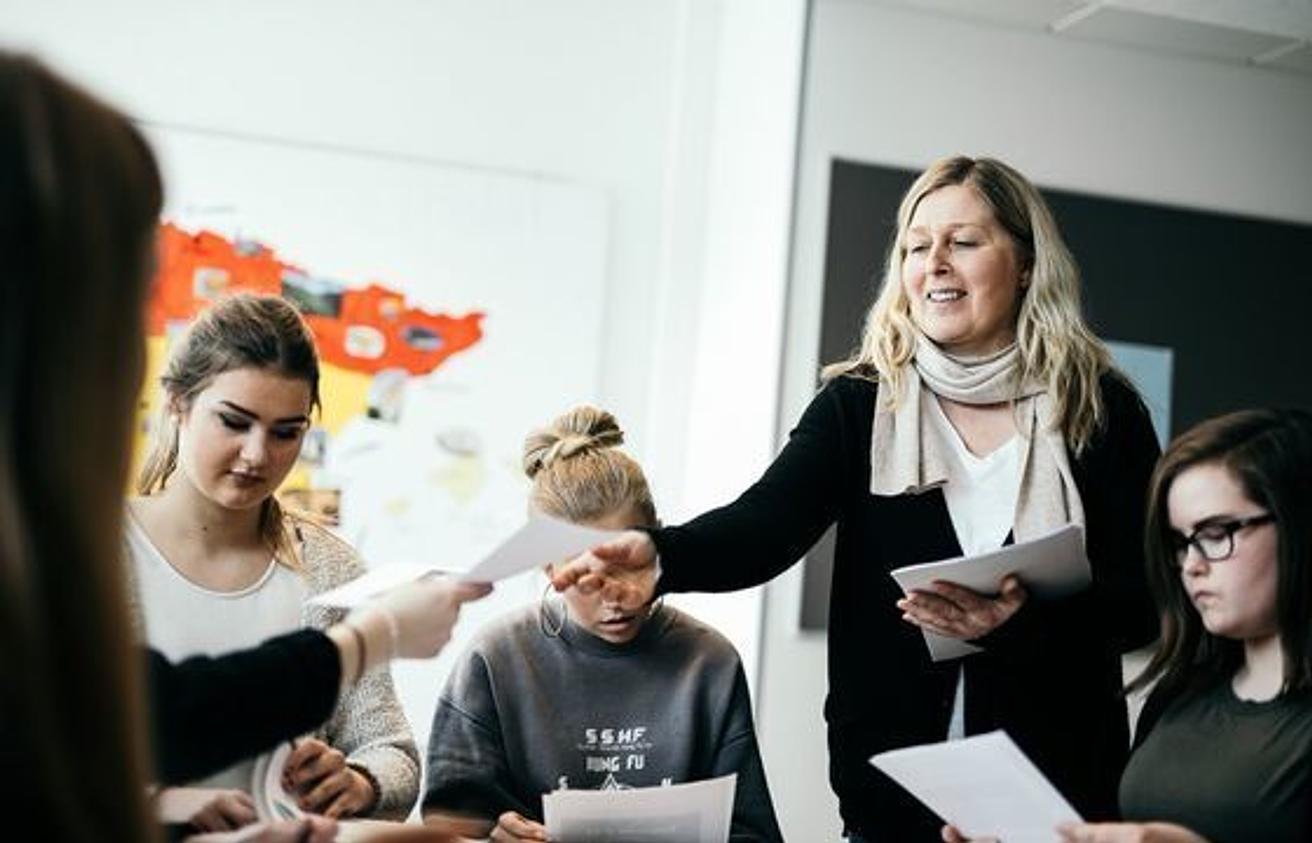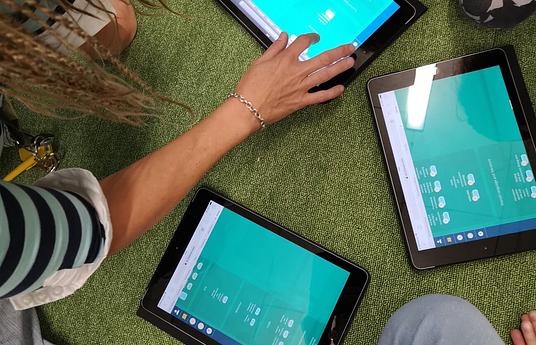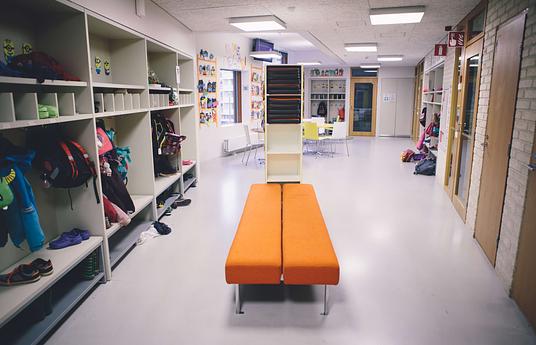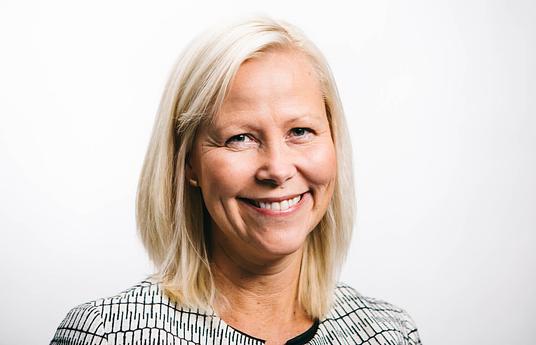Last week the decision to make eleven year olds in the UK resit their failed Sats was reversed, a cause for celebration amongst many teachers and parents. The plan had included children retaking their Sats when starting secondary school, ultimately marking them as a failure as soon as they entered their new school. Any new environment is difficult to navigate by itself, let alone having to retake exams that your peer’s have already passed. It is clear to see why the sharp U-turn by the British government has been so warmly welcomed.
With this revelation, it has brought assessment into sharp focus, particularly with the continual introduction of more and more tests for UK children. Do we want children to pass by any means possible, or is assessment a way of guiding children, to help them find their path and take responsibility for their own learning? Or is it simply a way of keeping tabs on curriculums, schools, teachers and headteachers – making sure they are doing their job properly?
Who is assessment really for?
A recent study in the UK revealed that when children, in low performing categories, receive cash or prize rewards for good marks in their GCSEs they perform much better in key subjects such as maths and science. This can be seen as a great triumph, as often jobs and universities have a requirement grade for key subjects like maths, and not attaining this grade would shut certain doors indefinitely. Therefore you might assume that this has greatly improved students’ future prospects. The study suggests that for a low price we can pay to increase children’s results, incentivising them to work hard and get better marks.
Assessment can be a useful tool to help guide us and make sure we are heading down the right path.
"
While it might seem like a positive way to activate learning in children who otherwise seem detached from classes and the educational system as a whole, when you consider that children who were offered the same rewards but were already achieving higher results didn’t see their grades improve, you start to see the disconnect. If the prizes don’t drive high-performing children to do better, then surely the only reason low-performing children work harder is for the money, not because they want to learn. And isn’t that the point of education? Or are schools just results machines, churning out good grades for Government statistics.
If we take the stance that schools are ultimately for learning and to prepare children for adulthood and working life, surely assessment should follow suit and be for the students, not as a way to see what is working about schools and what isn’t. When curriculum and schools are shaped around test outcomes, Bryan Alexander (who researches into how technology can change education) fears that this reduces students’ capabilities, ‘for the human spirit it produces drones calculated for obedience rather than autonomous learners who can actually think about the world and act in it.’
The Benefits of Self-Assessment
Assessment can be a useful tool to help guide us and make sure we are heading down the right path. If we all made decisions and did or said things without any analytical thought whatsoever you can imagine the kind of chaos we would all be in. From this point of view, it is important that we develop self-assessment skills and it is argued that having these skills sets children up better for adult life. As Kristiina Kumpulainen, professor of pedagogy at the University of Helsinki, explained when she spoke to us, ‘assessment is valuable to students as a tool to follow, alter and develop their learning. This requires self-regulation and metacognitive skills, which are important in lifelong learning’.
If we lay the responsibility for learning and assessing in the hands of the learner, we are enabling them to take ownership over their education. We cannot force someone to learn something, it has to come from them - as Susan Crichton of the University of British Columbia eloquently enforces, ‘you can test people, you can quiz them, you can torture them, you can give them homework, but they’re not going to learn it.’
Surely it is better to make children active in their education pursuits, rather than passively letting information wash over them. And unless we want to pay students to make them work harder towards getting good grades, and it is important to note that it’s doubtful whether good grades is synonymous with good learning, then surely the best thing to do is to create active learners. Once children know that doing something wrong isn’t the end of the world, and that experimentation goes hand-in-hand with discovering answers, all of a sudden we go from having a classroom of children who believe they are failures, to children who are actively exploring how things work.
Assessment to Prepare for Modern Life
In a world where anything can be looked up in seconds, the old format of examination, in which you are called upon to memorise and recite information, seems counter-intuitive. It feels strange that this is the way that children are still being assessed. Perhaps it made sense before the internet, when you would have had to wade through thick, heavy textbooks to find answers but today that is not the case. Assessment in a pass and fail kind of system could discourage students from taking risks or trying out new things – when surely we want children to be creative and engaged with what they are doing, rather than simply trying to find the right answers.
When speaking with Linda Liukas of Hello Ruby, she came up with a common everyday example of this.
‘Here’s an important example: programmers make a lot of mistakes to get to the right result. No one thinks that good programmers are bad at what they do if they admit to having to google something, or if they make eight mistakes before finding the correct answer.’
Considering that in the workplace you are not classed as a failure if you do something wrong once, or if it takes longer than a couple of hours to work something out, doesn’t it seem strange that we assess children under these harsh conditions? It is hard to see how these experiences prepare them for the future when the future does not look like this.
With information freely available via the internet, children have never been in a better position to follow their own interests, and with tablets, laptops and phones they have the tools to set their own learning paths. In this kind of world it would be really beneficial for children to be able to assess themselves, as they can also now teach themselves.
The House of Learning, one of the projects we are following in Finland, assists students by providing high-quality feedback on their learning, as they learn, and giving them the tools to allow this to happen. Having these tools and feedback enables children to take responsibility for their own learning, increasing motivation in school. The feedback children receive also allows them to discover new, more efficient ways of learning. This attempts to prevent the age-old story of children becoming unmotivated in school, as they do not fit in with the learning and assessment style being employed, and thus prevents the feeling of failure from becoming a concrete self-belief.
When put like that, the results that are handed to school children, which ultimately close and open doors for their futures, seems like a trivial system. As Matt Esterman, the new-learning coordinator at St Scholastica College in Sydney, sums up ‘I wouldn’t obsess over the quality of one cup of coffee that I’d had at a conference and judge the whole conference on it.’ In the same way, doesn’t it seem unfair to judge a child by a grade they got for an exam they took which lasted only two hours of their life? Why are the hours of learning they put into that subject ignored, or the passion they may have for the subject? It’s easy to make a bad cup of coffee, it’s also easy to mess-up an exam. We wouldn’t never drink coffee again just from one bad experience, so why do we say that this grade that has been handed down to a student is the final outcome of their education?
Ultimately assessment has its place, but we need to innovate it to keep up with the world around us and utilise it to invigorate children, rather than using it to label them as failures.




